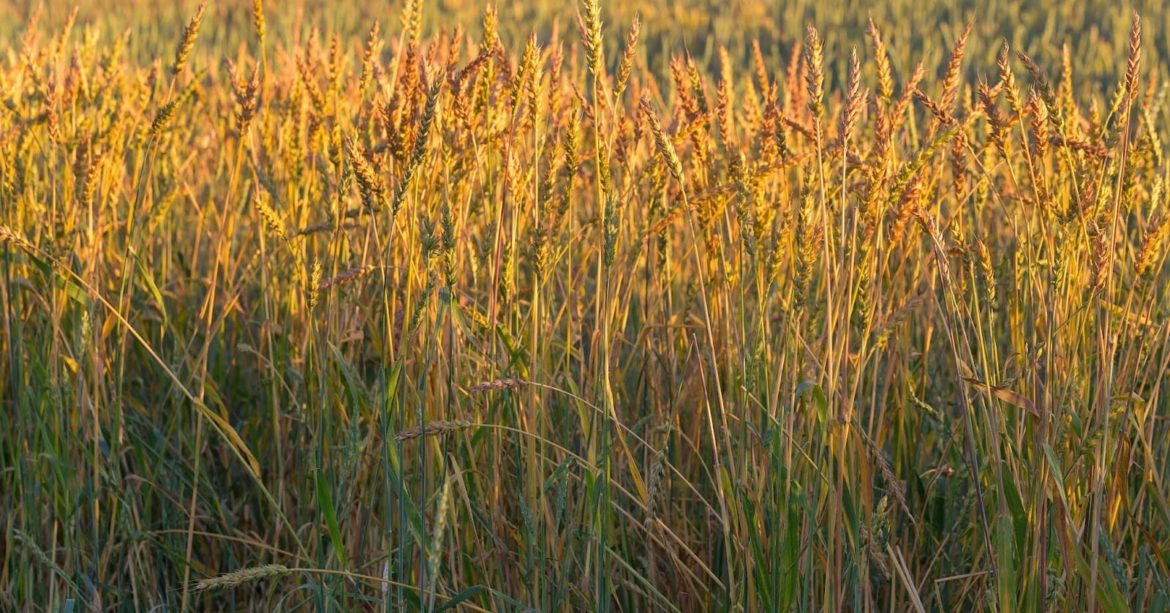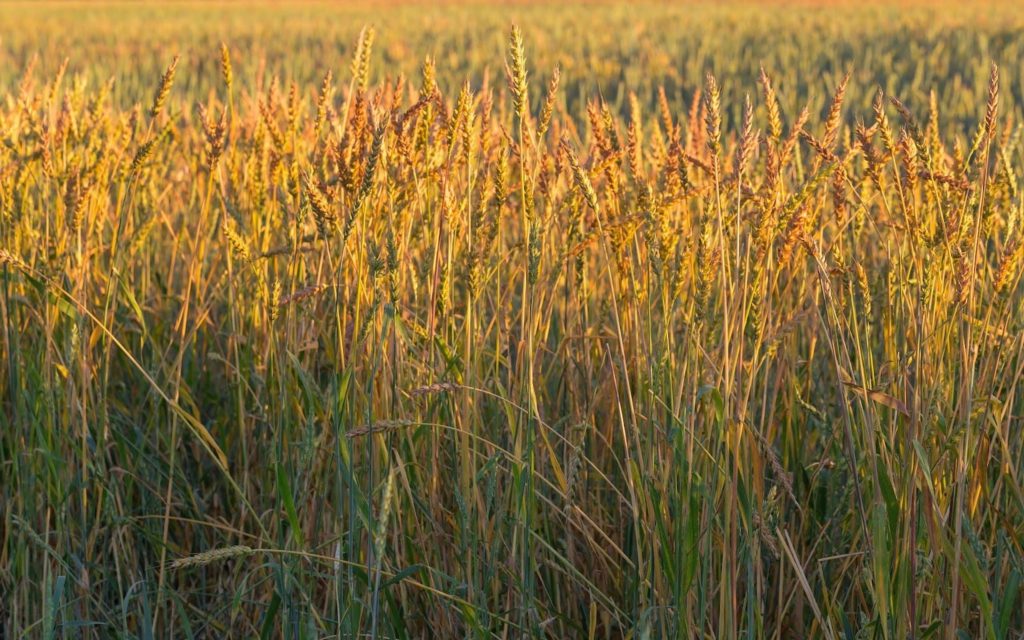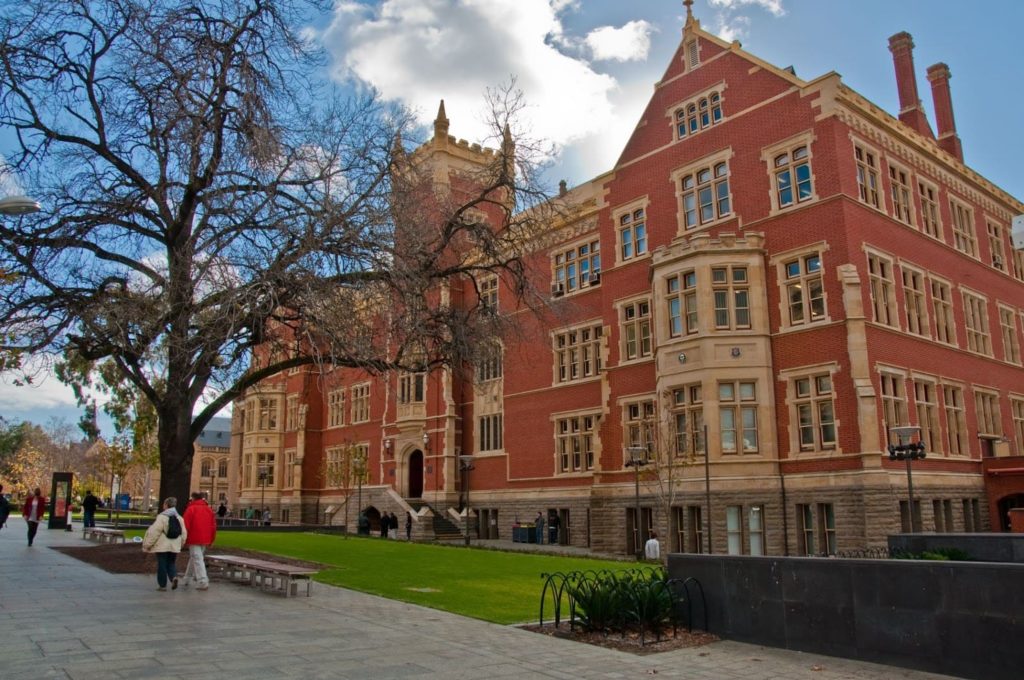What You Should Know About SADGA
The aim of the Southern Australia Durum Growers Association Inc (SADGA) is to help enhance and sustain the level and quality of durum wheat production in Southern Australia. SADGA is a not-for-profit organisation that has been in existence for more than three decades.
It has helped to transform the durum wheat growing landscape in the south of Australia since it was created.
Key points
- The aim of the Southern Australia Durum Growers Association Inc (SADGA) is to help enhance and sustain the level and quality of durum wheat production in Southern Australia.
- SADGA was created in 1991 and has now been in existence for more than three decades.
- In 2013, the name of the organisation was changed to Southern Australia Durum Growers Association Inc.
- The main activities of SADGA are the growth and supply of pure durum seeds, conducting industry research, and advising industry members using forums and cropwalks.
The foundation of Southern Australia Durum Growers Association Inc
Very little durum wheat was grown in Southern Australia prior to the 1990s. Then, in 1990, twelve growers in the state produced 500 tonnes of the variety Yallaroi from two tonnes. The resulting tonnage was distributed between a further 40 growers the following year and 13,700 more tonnes were produced.
South Australian Durum Growers Association was created in 1991 when the durum growing landscape in Southern Australia was developing. Its focus was to provide good quality affordable seed for the durum industry.
In 2013, the name of the organisation was changed to Southern Australia Durum Growers Association Inc in recognition of the growth of durum wheat production in the West Wimmera region of Victoria.
The activities of SADGA
The ethos of SADGA continues to this day. The association which is governed by a volunteer committee represents the durum growing industry in South Australia and West Wimmera. To understand what SADGA does, it’s interesting to take a look at its activities in more detail.
Growing and supplying durum seed
One of the main reasons for the existence of SADGA is the growth and supply of good quality seed. To ensure that the quality is sustained independent agronomists provide a quality assurance service.
The pure certified seed varieties currently grown by SADGA are DBA Artemis, DBA Aurora, and DBA SPES. All seed is fully tested for purity and can be provided in bulk from the paddock or can be collected by growers in cleaned condition from Manoora or Bute.
Research programs
Research is another important feature of SADGA activities. Early research projects were instigated by SADGA, the University of Adelaide, and San Remo. The close relationship between SADGA and the University of Adelaide continues to this day when it comes to research.
Much of this research is funded by SAGIT and GRDC and over the years it has led to stability and growth in the Southern Australia durum industry. It has also resulted in the development of various durum varieties such as Tjilkuri, WID802, Yawa, and the highly influential DBA Aurora, in 2015.
This variety remains dominant to this day even though Spes and Artemis varieties have been developed in the years since 2015.
Recent research projects conducted by SADGA include an Irrigated Durum Trial, Syngenta’s Tymirium seed treatment for crown rot control, and crown rot research at The Waite.
Forums and cropwalks
In addition to its involvement with growing durum wheat and industry specific research, SADGA provides current data and trial results regarding durum. This data is shared with SADGA members and supporters with the use of forums and cropwalks.
The SAGDA forums tale place in locations in the mid-north and south-east of South Australia or in West Wimmera. Information shared with the audience at each forum includes:
- New varieties of durum, cereal, and legume
- Performance data and trial reports for new varieties
- Details of new chemical applications
The SAGDA cropwalks take place in September and October. They happen at research sites in the mid-north of South Australia, at Roseworthy and at other locations in the south-east of South Australia and in West Wimmera.
Different sites have different trials taking place but the cropwalks cover similar topics including:
- Discussing new and established durum varieties
- Looking at chemical effectiveness
- Talking about the control of disease and solutions for crops including durum, legumes, barley, and oats.
More information about events conducted by SAGDA are available on the website as are details of the ongoing work of the organisation in the Southern Australian durum industry.



